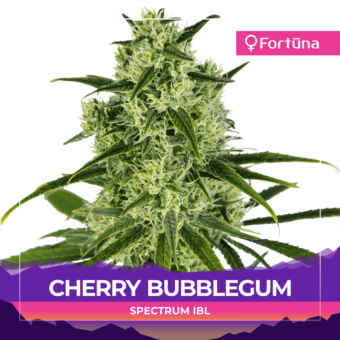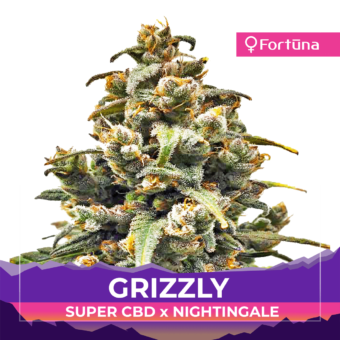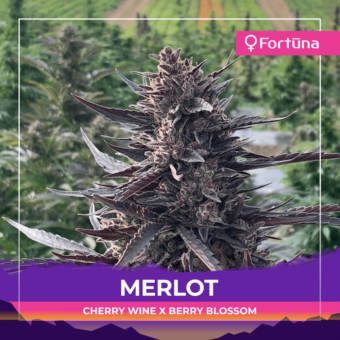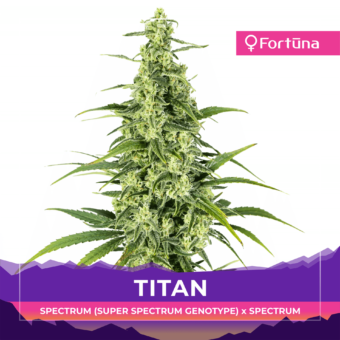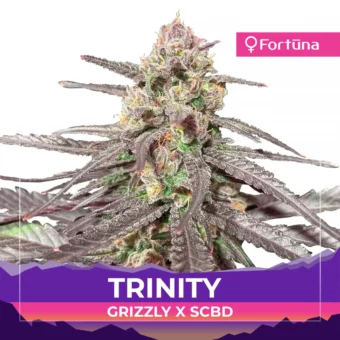North Carolina Hemp Seeds
Buy Feminized Hemp Seeds For The State Of North Carolina
CBD Hemp Seeds For Growing In North Carolina
The only way to grow hemp in North Carolina is through its Industrial Hemp Pilot Program and only for research purposes. There are eleven possible hemp research purposes permitted in the state, of which applicants must choose at least one. Applicants must clearly state how they will conduct and report their research. North Carolina’s Hemp Department strongly suggests applicants contact their local County Extension Agent for further guidance on hemp research in North Carolina.
Register to Grow Hemp in North Carolina
There is no deadline for hemp research registration in North Carolina. Applicants must complete the four-page online form in-full for acceptance into the program. Note that the information entered will not save until it is submitted. The state recommends that applicants print the North Carolina Hemp Program Application to ensure they have all information gathered before beginning the online process.
Some of the information required on the NC hemp grower application includes contact information, research purpose, GPS coordinates where hemp will grow, and information about the proposed seed source. Applicants must also identify the intended use of the hemp harvest and information about the party to which the crop will sell. A hemp brokerage service may be of benefit at this time.
Additionally, applicants must prove that farmland generates gross income by submitting their most recent tax return information. However, licensees may be able to cultivate hemp in a greenhouse or other land area that does not meet the definition of farmland in North Carolina.
Once submitted, the applicant will receive notification by both mail and email of their acceptance or denial in the program. Those that are accepted will also receive an invoice for all applicable fees due within 30 days of receipt. Hemp registration fees in NC include a $250 initial registration fee plus $250 for less than 50 acres or $500 for more than 50 acres. The registrant must submit all payments before taking possession of any seeds or live plants. Note that these fees only apply to marketing-based research; crops that will not enter commerce must register for a non-marketing license instead. Contact North Carolina’s hemp department for more information.
North Carolina Hemp Sampling and Testing
By submitting the NC hemp registration application, growers agree to give NCDA and law enforcement authorities full access to crops for testing at any time with or without notice.
Moreover, licensees must request that the Department conduct THC sampling as soon as flowers begin to form on hemp plants. They can submit the NC Industrial Hemp Sample Request Form online by providing information like name, license number, address, and intended harvest date along with clear, close-up photos of the plants the Department will sample.
The licensee will receive email confirmation immediately upon form receipt. Within one week, a Hemp Sampling Coordinator will contact the licensee, and a Hemp Inspector will contact them within two weeks to schedule an inspection.
Hemp Reporting Requirements in NC
Hemp registrants in North Carolina agree to submit regular reports and maintain all records for at least three years. Those who market hemp will report information similarly to farm managers using demonstration plots. Mandatory reporting includes data, information, results, and details of the plants and the land on which it grows. Planting intentions must be updated annually with the Plant Industry Division of NCDA&CS. Annual fees are due at the same time.
Any changes to licensee information must occur within 30 days.
Final Steps to Grow Hemp in North Carolina
North Carolina currently has no hemp seed source. Therefore, all registrants must source their seeds from out-of-state vendors. Because the state provides no oversight to the sale of hemp seeds in North Carolina, the Department strongly encourages diligence when selecting a hemp seed provider.
Those who will grow hemp for CBD must pay special attention to their CBD seed source. It is imperative that CBD hemp farmers grow only feminized hemp seeds and only from vendors with a strong, positive reputation. Male plants can pollinate female (flowering) plants quickly. Growers must, therefore, avoid male plants to grow the high-quality CBD hemp plants. Feminized seeds ensure that the plants grown will produce cannabinoid-rich hemp flowers with minimal risk of pollination.
To learn more about North Carolina’s Hemp Program, visit their website or contact us to learn how we can help. For application-related questions, please email [email protected].
